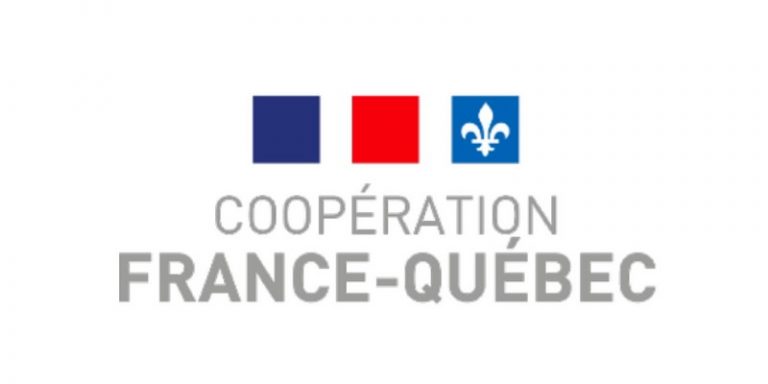
As part of the 68th program of the Commission permanente de coopération franco-québécoise (CPCFQ) and the 11th program of the Fonds franco-québécois de coopération décentralisée (FFQCD), an investment of C$2.2 million will be dedicated to supporting 107 Franco-Quebec cooperation projects. These two programs focus on several areas, including AI and innovation.
The 68th session of the permanent commission on Franco-Quebec cooperation
For two years, all the projects selected will seek to enrich and strengthen relations between France and Quebec in several areas: economic development, innovation including social innovation, the environment, sustainable mobility, digital technology, AI, the French language and culture, education, youth and sport, and equality between women and men.
Nadine Girault, Minister of International Relations and Francophonie, Minister of Immigration, Francization and Integration and Minister responsible for the Laurentian region, said of the content of this interstate collaboration:
“This bilateral cooperation, which is an essential element of the direct and privileged relationship between Quebec and France, is the one that benefits from the largest investments by the Ministère des Relations internationales et de la Francophonie.
I am very proud of this 68th program, which demonstrates the richness, quality and diversity of this relationship and attests to the ability of the CPCFQ and the FFQCD to evolve and adjust to the contemporary issues and challenges facing France and Quebec. I wish much success to the project holders from Quebec and France.”
Several projects related to digital and artificial intelligence
As part of the 68th session of the CPCFQ, three projects were selected around the theme of digital and artificial intelligence:
- International symposium on the integration of digital technology in education: On May 19, a distance learning symposium was held on the theme “How can educational institutions contribute to digital inclusion? The international symposium on digital inclusion in education (SIINE) has been postponed to March 2022. These events were jointly organized by the Cégep de La Pocatière and the Académie de Normandie.
- Megalodeste” methodological guide for holding international online meetings (RILs): the design of this guide will be co-directed by Katalizo, a non-profit association that aims “to catalyze the exchange of ideas and their transformation into action by relying on the creative potential of communities” and Dialogues en Humanité, an initiative that aims to propose numerous meeting activities to discuss many topics around citizenship for example.
- IotA – L’Extension/Upload: this escape game designed by ART’M, with the support of Calcul Québec, tackles topics related to artificial intelligence, infox, hacking, programming or personal data while allowing participants to learn while having fun.
Other projects not included in the “digital and artificial intelligence” category nevertheless address or exploit these two points. This is the case of “training and leadership of school principals in the digital age”, led by the Quebec Association of School Principals and the Institut des Hautes Études de l’Éducation & Formation, or the project “pooling energy for intelligent energy systems, a lever for recovery and resilience” of the town of Lac-Mégantic in the Eastern Townships, in collaboration with the Cap Energies competitiveness cluster of Provence-Alpes-Côte d’Azur.
Since 1965, the CPCFQ has been responsible for developing and implementing a two-year plan of activities based on several themes selected as part of the Alternate Meetings of the French and Quebec Prime Ministers. All of the above projects are part of the 2021-2022 and 2022-2023 programming.
Translated from Coopération franco-québécoise : plusieurs projets s’articulent autour du numérique et de l’intelligence artificielle









